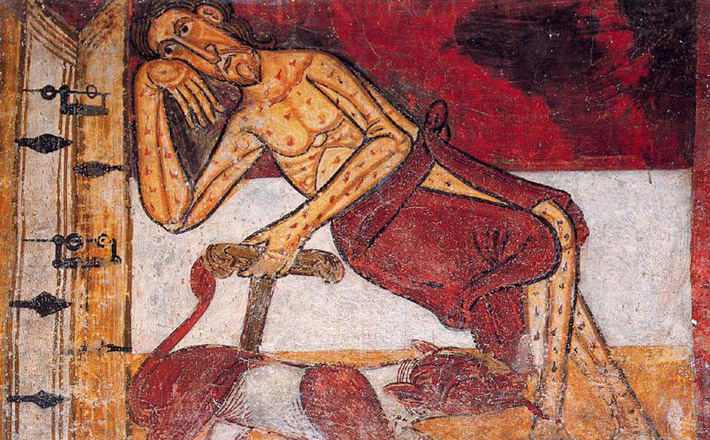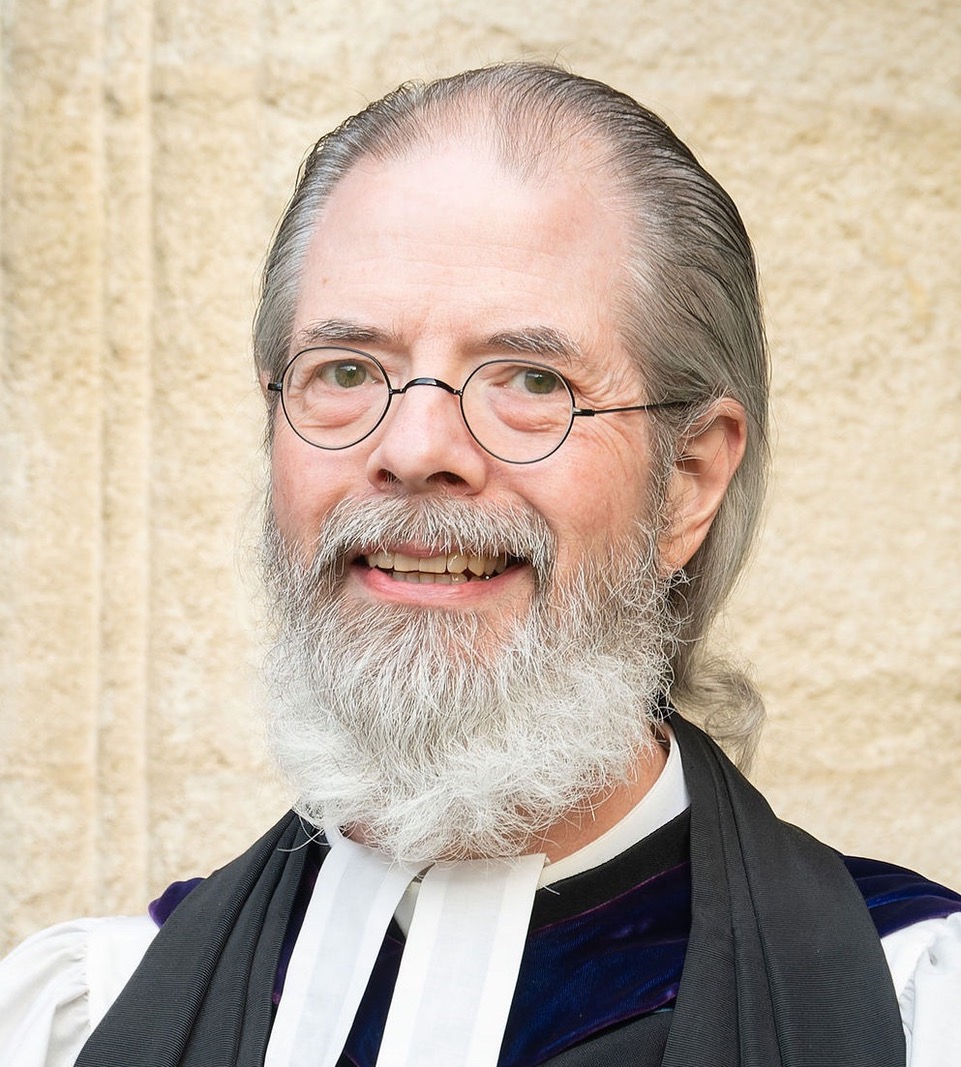Commentary on 1 Timothy 6:6-19
The lesson today skips over the extensive discussion of roles in the church and takes up (after a denunciation of those who teach false doctrine, revisiting a topic from the beginning of chapter 4) the question of discipleship and wealth.1
The reading selects a sort of ethical inclusio, wherein the letter initiates the question of wealth in verses 6–10, then cites the grounds by which one may distinguish true faithfulness from false, then returns to the question of riches with specific instructions. The passage reminds disciples that a heartfelt profession of faith in God is incompatible with the longing for material abundance.
The initial section of our reading sets out the spiritual dangers that affect people whose hearts are distracted by desires for earthly wealth. In this section, the letter echoes familiar Pauline warnings about desire and distraction. Any object of desire that overshadows a primary allegiance to God — be it sex, or status, or spiritual virtuosity — imperils the faithfulness that sustains our sharing in Jesus. Among these distractions, Paul (and Jesus, and James) identify the desire for possessions as particularly corrosive.
Although human well-being requires only a minimal economic basis (“if we have food and clothing we will be content with these,” 6:8), the transition from basic food and clothing to nice food and clothing, and from there to stylish clothing and rich food, takes place gradually. We are not likely to observe the progress from need to desire, especially when that transition involves ourselves and our loved ones. Yet praiseworthy as is the concern to see one’s family and friends well-nourished and healthy, therein lies many pitfalls.
For instance, the determination to see one’s family amply fed and equipped contributes to the anxious concern to be a good provider, exactly the sort of anxiety Jesus inveighed against in the Sermon on the Mount. It may slide from the desire to see one’s family well-fed and clothed to seeing them more well-fed and clothed than others (the sort of temptation Jesus warned against, saying that the gospel constituted all who accept and live by it into a new, expansive family). And of course, as this letter points out, the eagerness to be rich opens the door to putting that goal ahead of faithful commitment to God (as Jesus said, “You cannot serve both God and Mammon”).
The insatiable appetite for wealth narrows a person’s field of vision; when one gazes fixedly at wealth, one cannot look around at neighbors who demonstrate that riches are not necessary for abundant life. Wealth’s blinkers conceal from us the people whose need for bare sustenance far surpasses our desire for newer, better, more intense satisfactions. These verses highlight the desperate suffering the lottery economy engenders; as fewer people accumulate more of the world’s resources, the occupants feel dissatisfied with what they have because it is less than the hyperbolic wealth of celebrity mega-millionaires. All the while, around the world people starve in order unwillingly to fund gamblers’, investors’, dealers’, reality-TV show stars’, bankers’, gangsters’, and ordinary middle-class civilians’ intoxicated dream of becoming the one lucky person whose wealth surpasses counting.
As a counterexample, the letter commends Timothy for having made “the good confession,” apparently a public avowal of faith in God before hostile witnesses. In this, Timothy followed the example of Jesus before Pilate, who did not deny God in order to secure his own safety (the letter identifies Jesus’ response to Pilate also as a “good confession”). That sort of unwavering fidelity demonstrates the sort of character that does not put mundane anxieties ahead of pursuing righteousness, godliness, faith, love, endurance, and gentleness.
As a theological complement to the single-minded devotion to God, the reading re-emphasizes God’s uniqueness and God’s transcendent characteristics, recalling those themes from both of the last two weeks’ readings. This week, the epistle calls God “the only Sovereign, the King of kings and Lord of lords,” who “has immortality” and “whom no one has ever seen” (6:15f); two weeks ago, we read that God is “King of the ages, immortal, invisible, the only God” (1:17), and last week that “there is one God” (2:5). This consistent theme provides the heartbeat of the epistle, such that subsidiary points about discipleship, ecclesiology, and relation to alternative cultures derive their cogency from their congruence with the one God’s transcendence.
Having restated the premise the unique God requires a unique commitment from those who want to take part in the divine life, the letter returns to the topic of wealth from a different angle. In this concluding section, the letter deals not with people who might be enthralled by the prospect of riches, but people who already have ample resources. (The impulse to say, “Surely it is not I, Lord” betrays the anxiety and double-mindedness that the first verses of today’s reading warned about.) As was implicit in the earlier discussion, the problem lies not in riches themselves but in people’s determination to accumulate wealth rather than to use it to alleviate others’ needs.
One might invoke Paul’s familiar metaphor of the body to underscore this point: the belly does not withhold nutrients from brain, does it? Can the heart prosper if it does not circulate the blood but hoard it (after all, you never know when you might need a transfusion)? Those who have more than they need for nourishment and protection from the elements are under no risk of condemnation so long as they dispose of their riches for the benefit of others.
As Jesus said, “Where your treasure is, there your heart will be also.” Those put their hope in bank vaults and high-yield securities make their own kind of confession of faith, and it is not what the letter would describe as “the good confession.” Those who place their hope in the one God whose heritage we share by our participation in the Body of Christ will readily share what they have. Those who stake their well-being on temporal wealth will never have enough; but there is no shortage of blessings for God’s people.
1. This commentary was first published on this site on September 26. 2010.


September 25, 2016